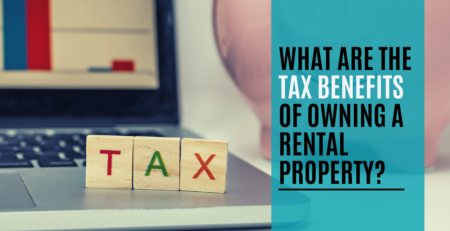What to Know for Your Year End Accounting | Orlando Property Management
Keeping your accounting practices in order can sometimes be a challenge, especially if you have multiple investment properties and you’re not benefitting from professional Orlando property management.
We’ve also noticed a lot of real estate professionals and self-identified experts who are providing misinformation or filing incorrect tax documents. Don’t make a mistake with your year-end accounting. You may find yourself audited or facing huge tax penalties if you’re not doing everything correctly.
Property management accounting is an important part of a successful and profitable investment experience. Here are some of the things you need to know as you prepare your financial statements and accounting details.
Pre-Paid Rent and Tax Consequences
One question we frequently get is how to account for pre-paid rent. According to the IRS, the pre-paid rent you receive has to be reported for the same year. Advance rent is any amount you receive before the period that it covers. Include advance rent in your rental income in the year you receive it regardless of the period covered or the method of accounting you use.
Security Deposits
You do not have to include a security deposit that was collected when you report your rental income. That’s because you’re planning to return the deposit to the tenant at the end of the lease period. However, if the lease has ended during a particular tax year and you do keep all or part of the tenant’s security deposit, you’ll need to include that amount in your income for the year.
If any amount of the security deposit is used to pay the final month of rent, then it’s considered advance rent and you have to declare it as income when you receive it.
Deductible Expenses
 Most of the costs associated with maintaining your rental property can be deducted on your taxes. This includes repair costs and any materials that you need to keep your property in operable condition, such as paint, drywall, smoke detector batteries, etc. Keep in mind that you cannot deduct the costs of improving your home.
Most of the costs associated with maintaining your rental property can be deducted on your taxes. This includes repair costs and any materials that you need to keep your property in operable condition, such as paint, drywall, smoke detector batteries, etc. Keep in mind that you cannot deduct the costs of improving your home.
If you have a mortgage on your rental property, you can deduct the amount you pay in interest on that loan. You can also deduct any professional fees you pay that are associated with the rental property. These might include property management fees, insurance or attorney costs, and commissions you pay to real estate agents.
One of the best ways to limit your tax liability as a rental property owner is by using depreciation as a tax deduction. Even if your property is increasing in value, the IRS allows you to deduct a specific amount in depreciation every year.
According to current IRS guidelines, the property you own has a lifespan of 27.5 years. So, you’ll use that number to calculate your depreciation. You cannot include the value of the land your property is on; you’re simply using the value of your house. Divide the cost of your property at the time you acquired it as a rental by 27.5. That’s the amount of depreciation you can include in your tax return.
These are some of the most important details to pay attention to when you’re preparing your end-of-year financial reports and tax filings. If you’d like some help, contact us at Homevest Management.
We provide expert Orlando property management, real estate, property rentals, and HOA management. We serve all of central Florida, including Winter Garden, Doctor Phillips, Baldwin Park, Winter Springs, and Windermere.










